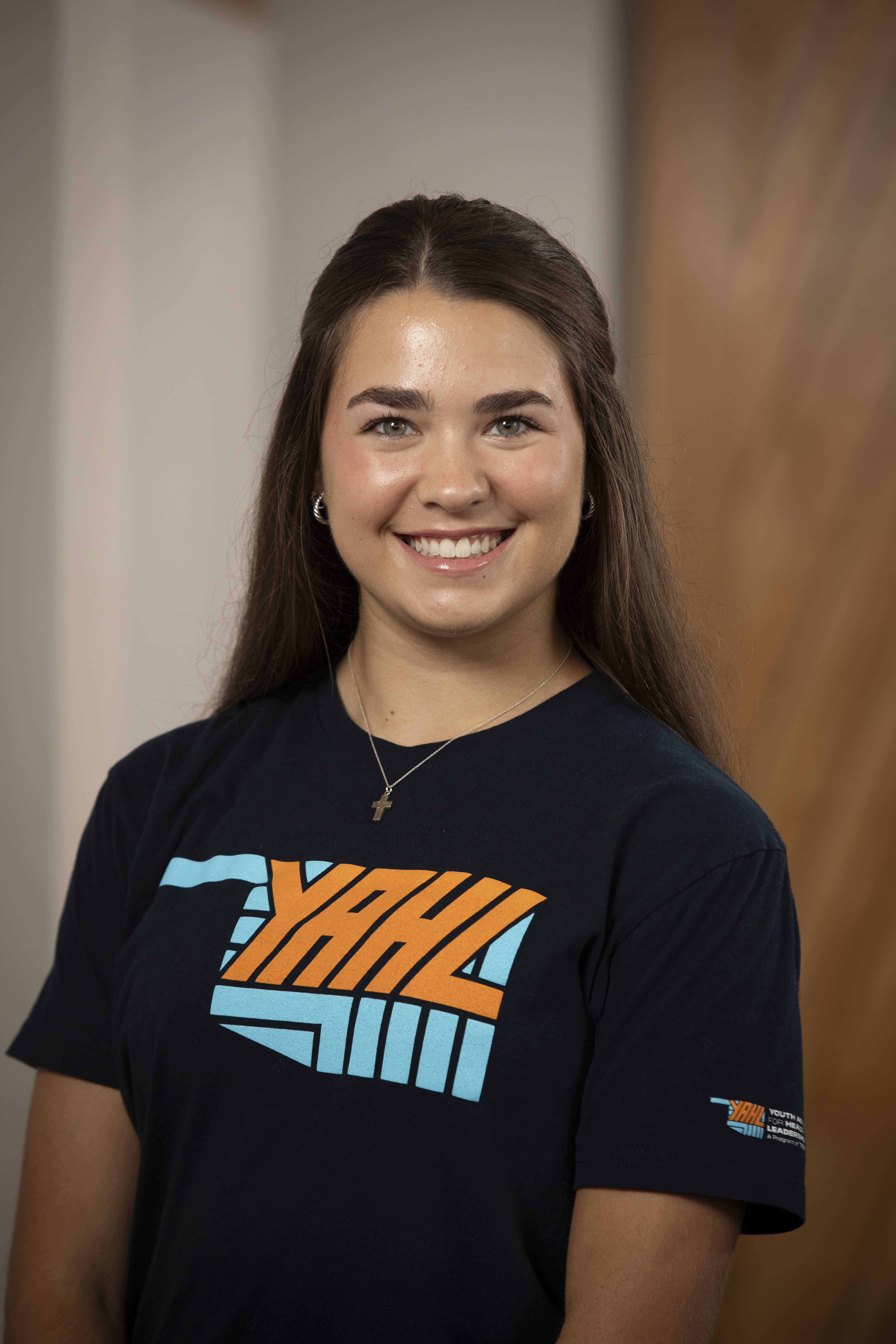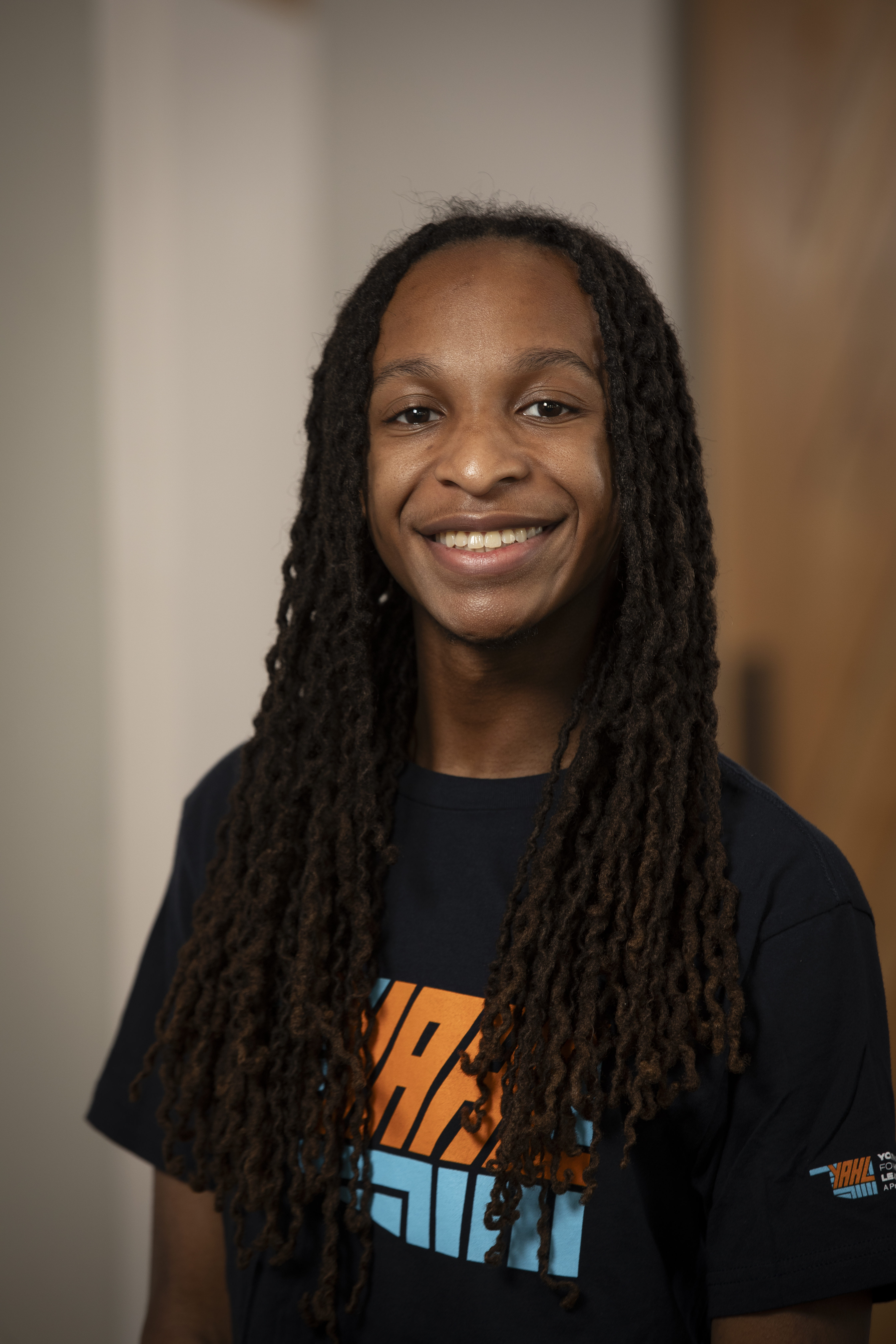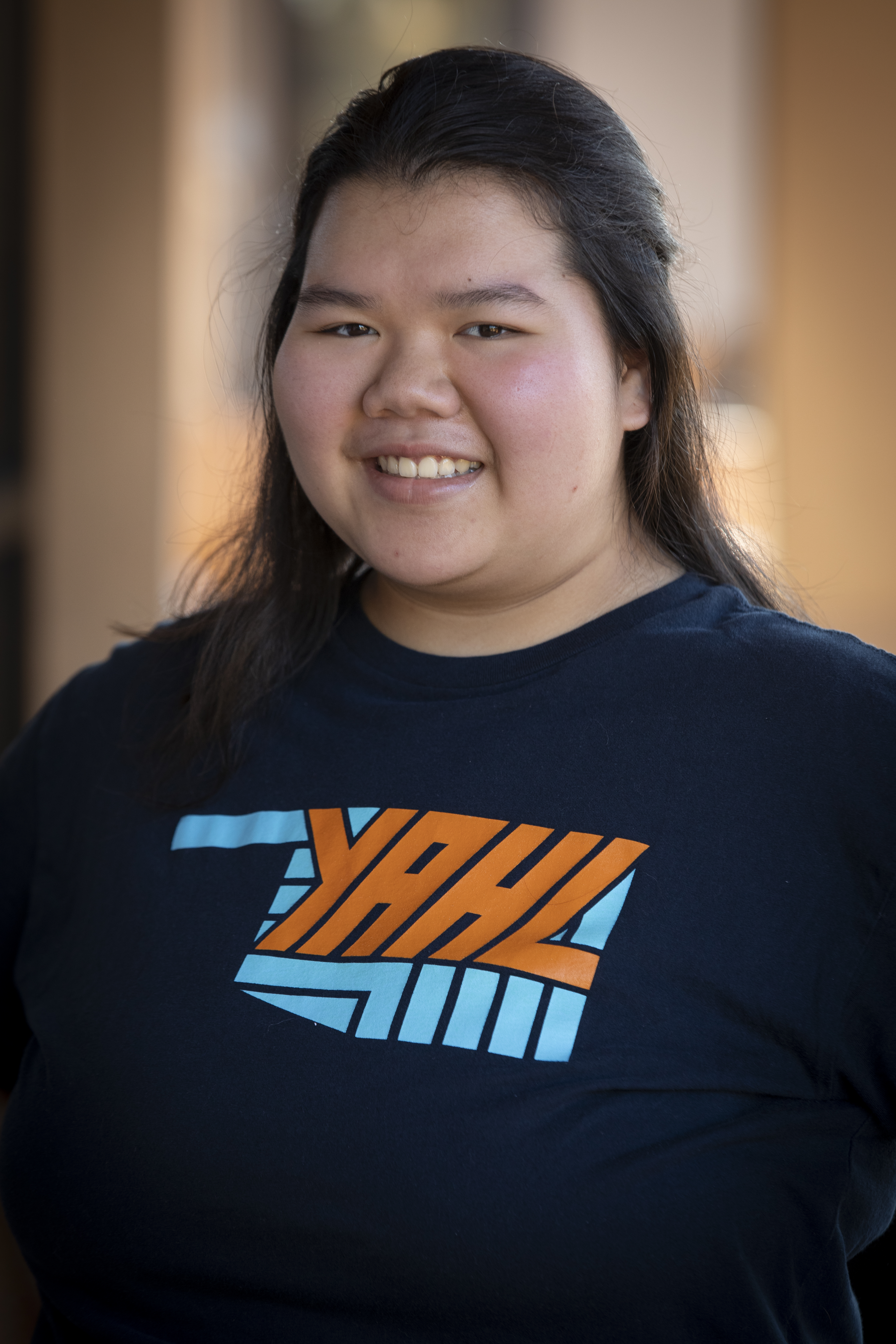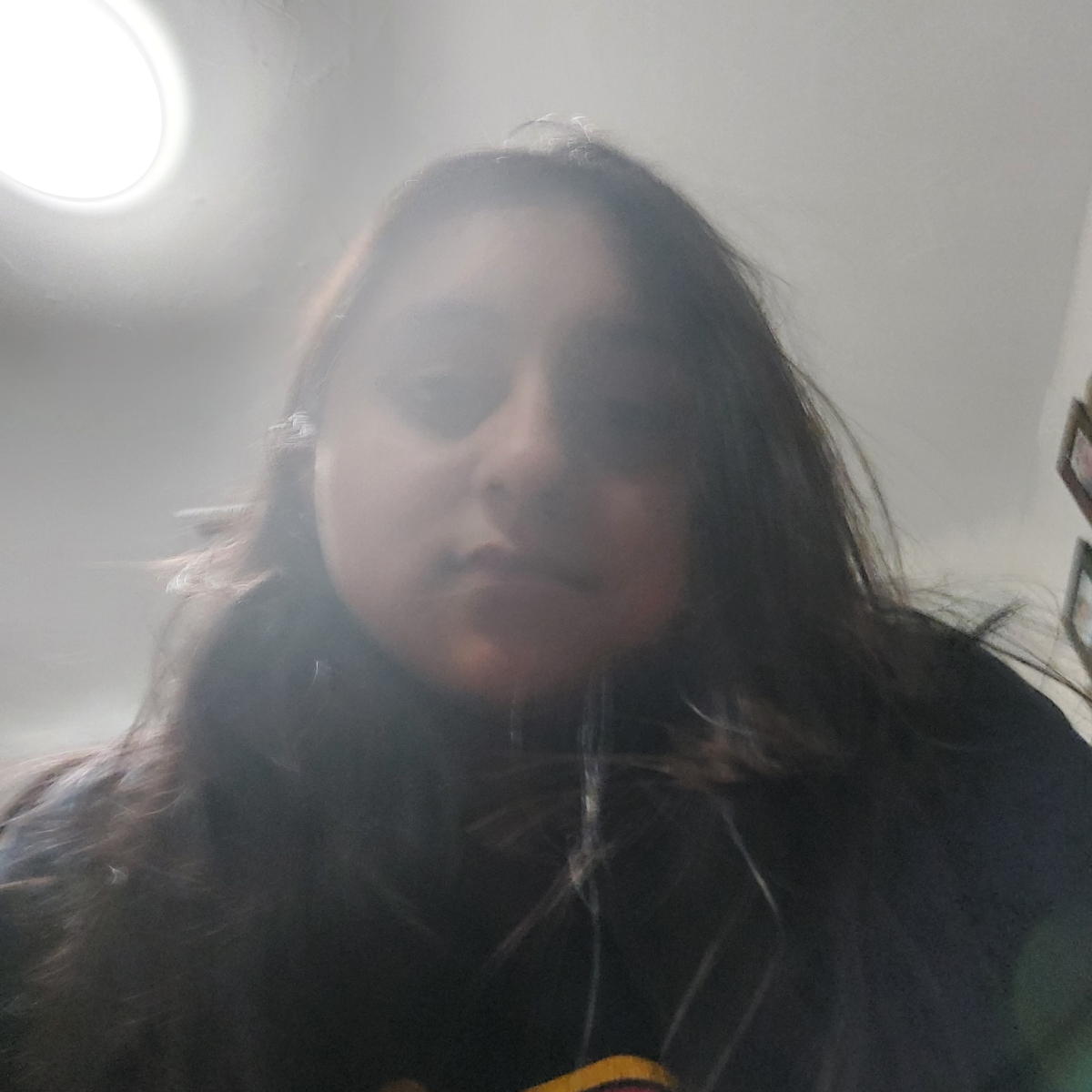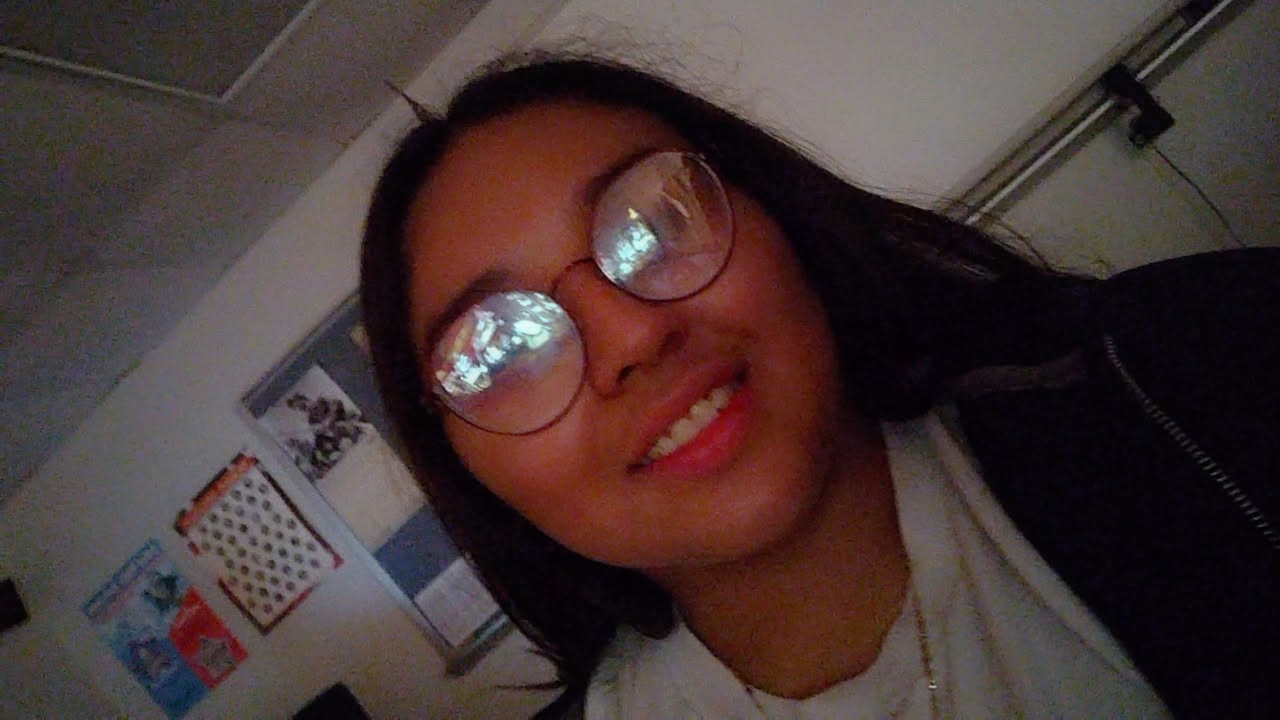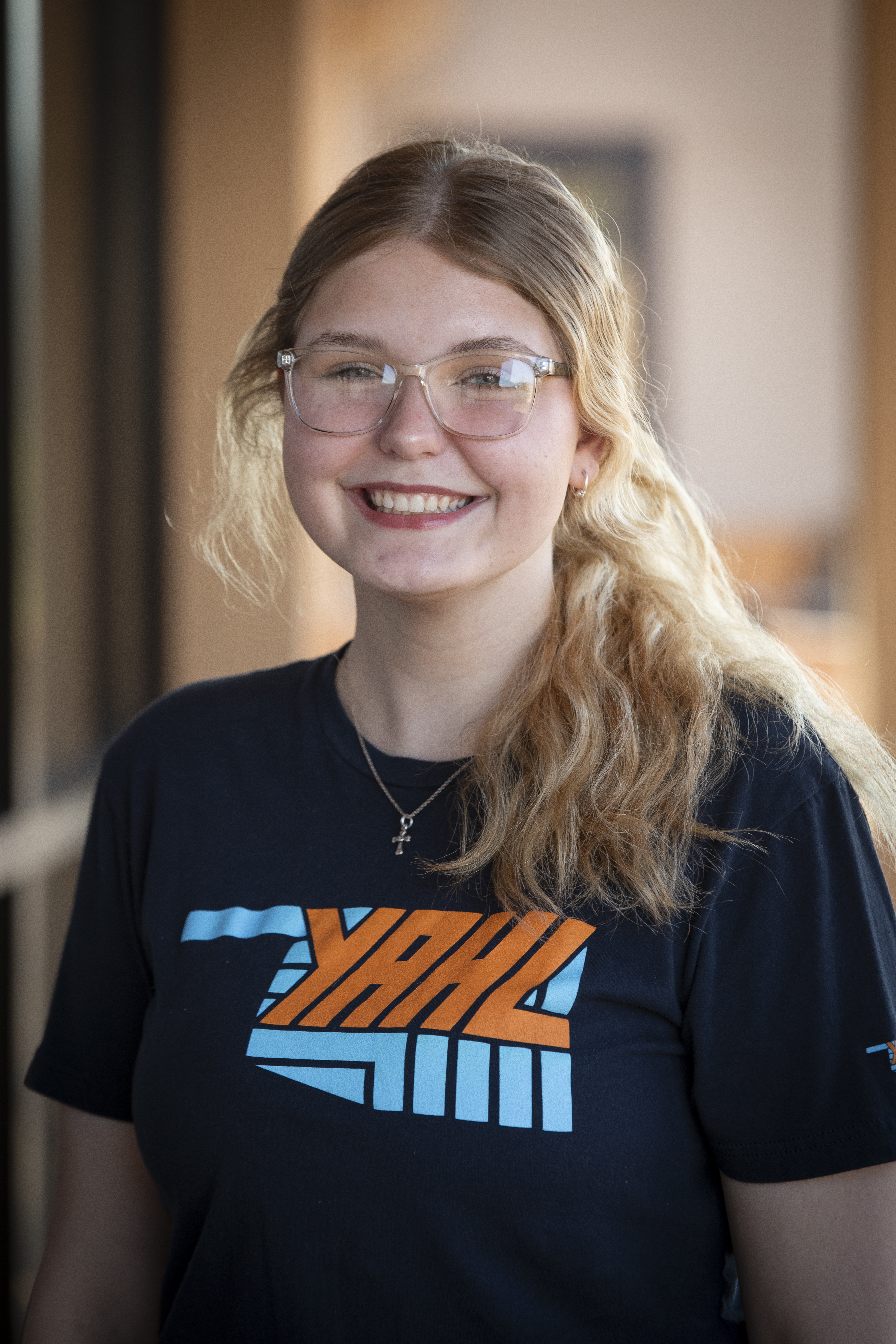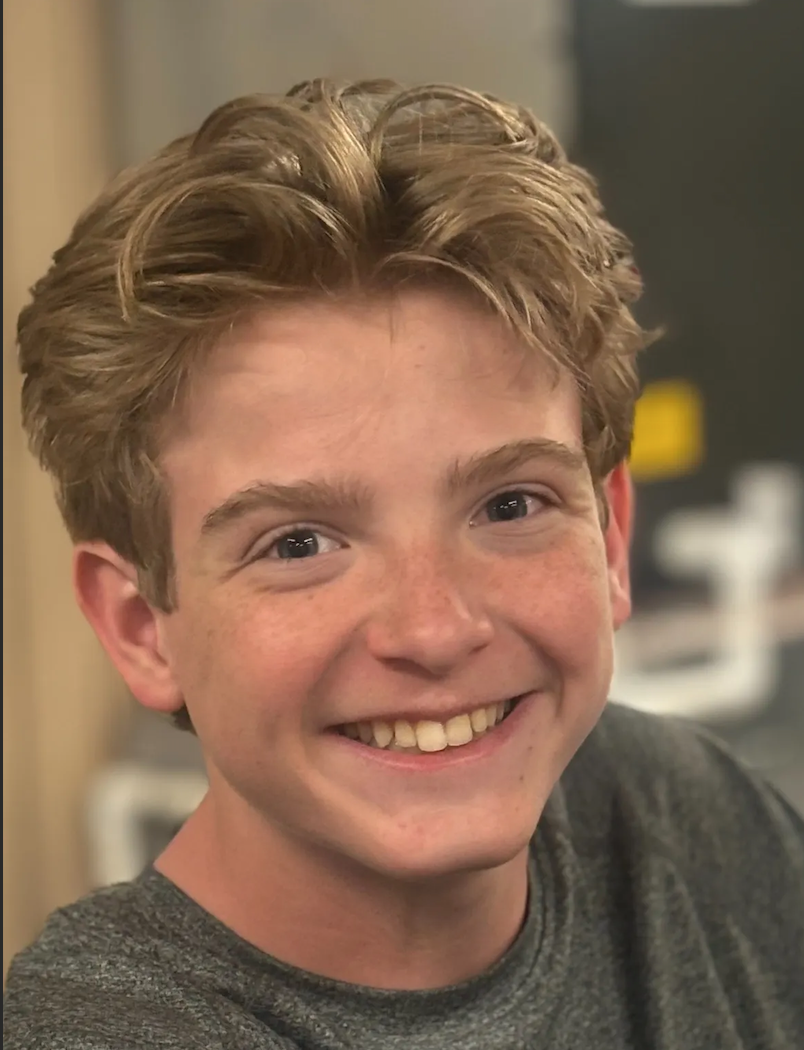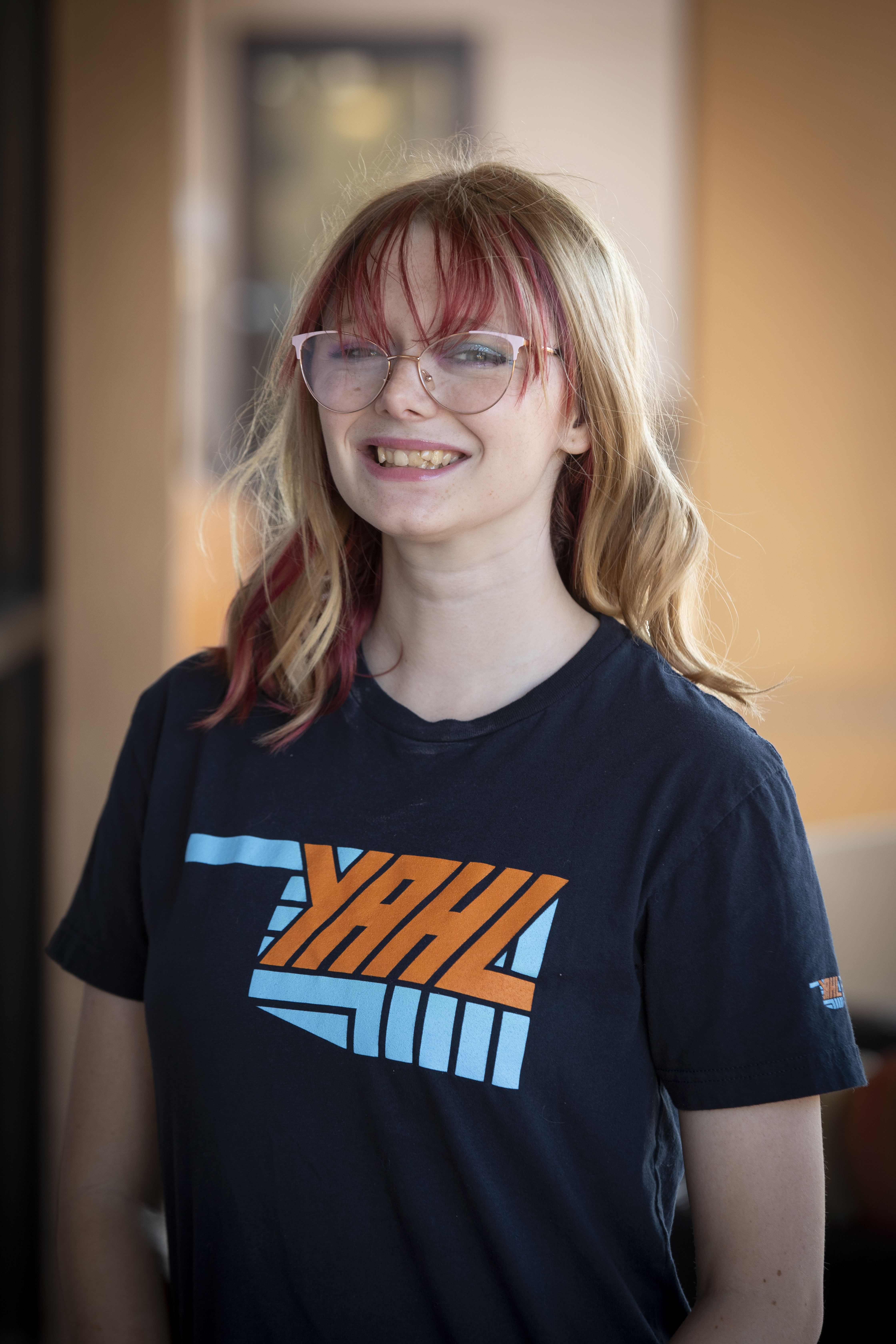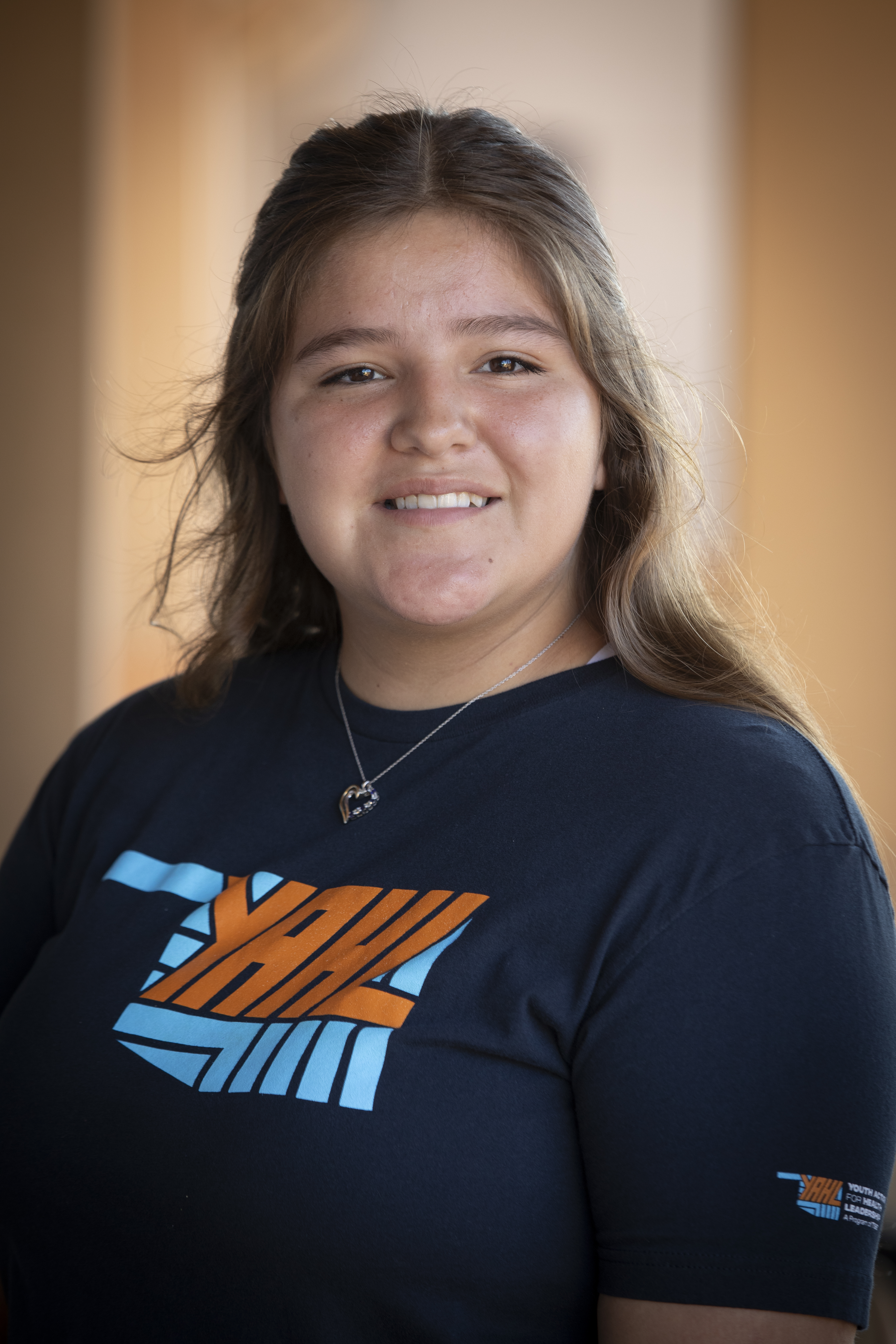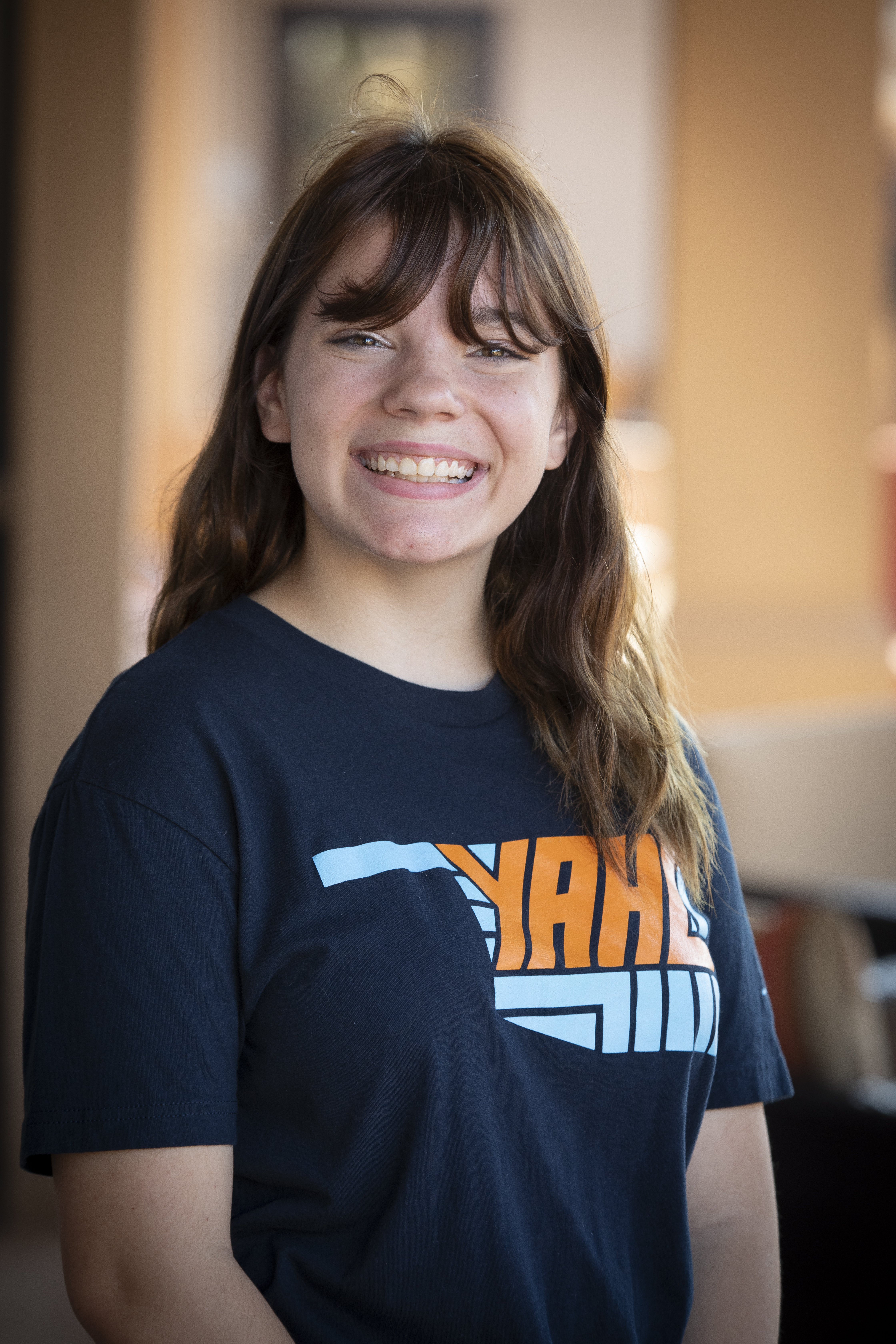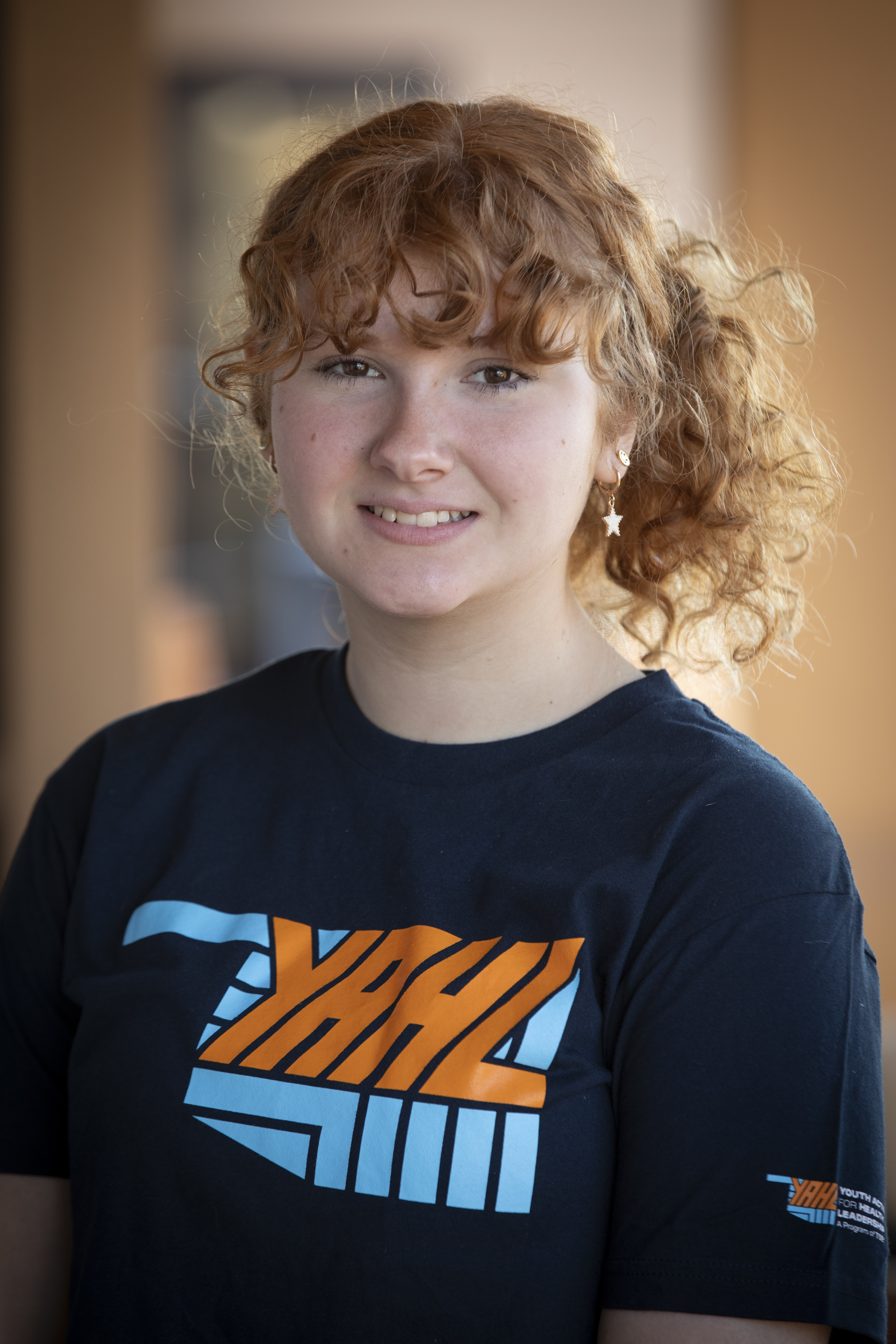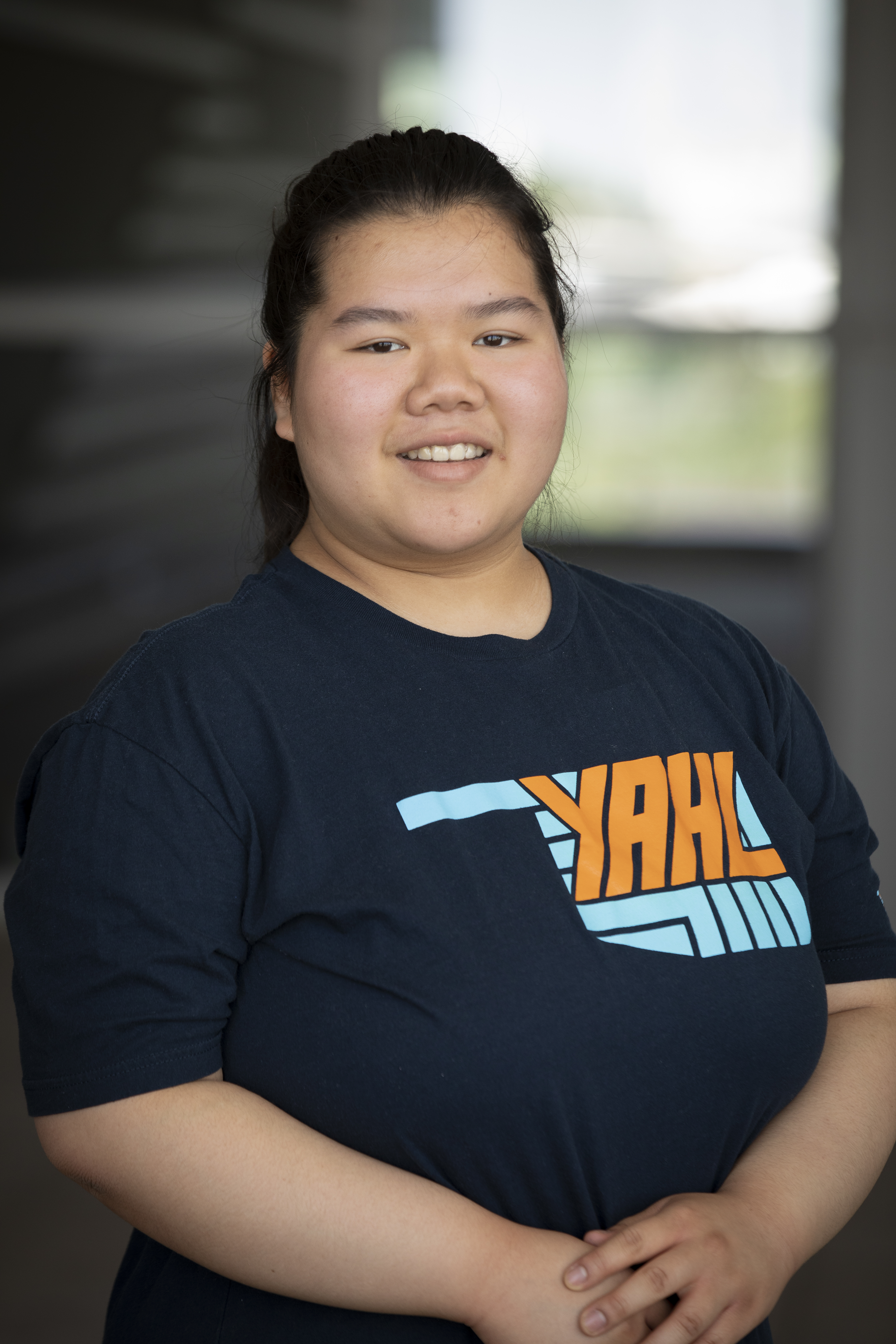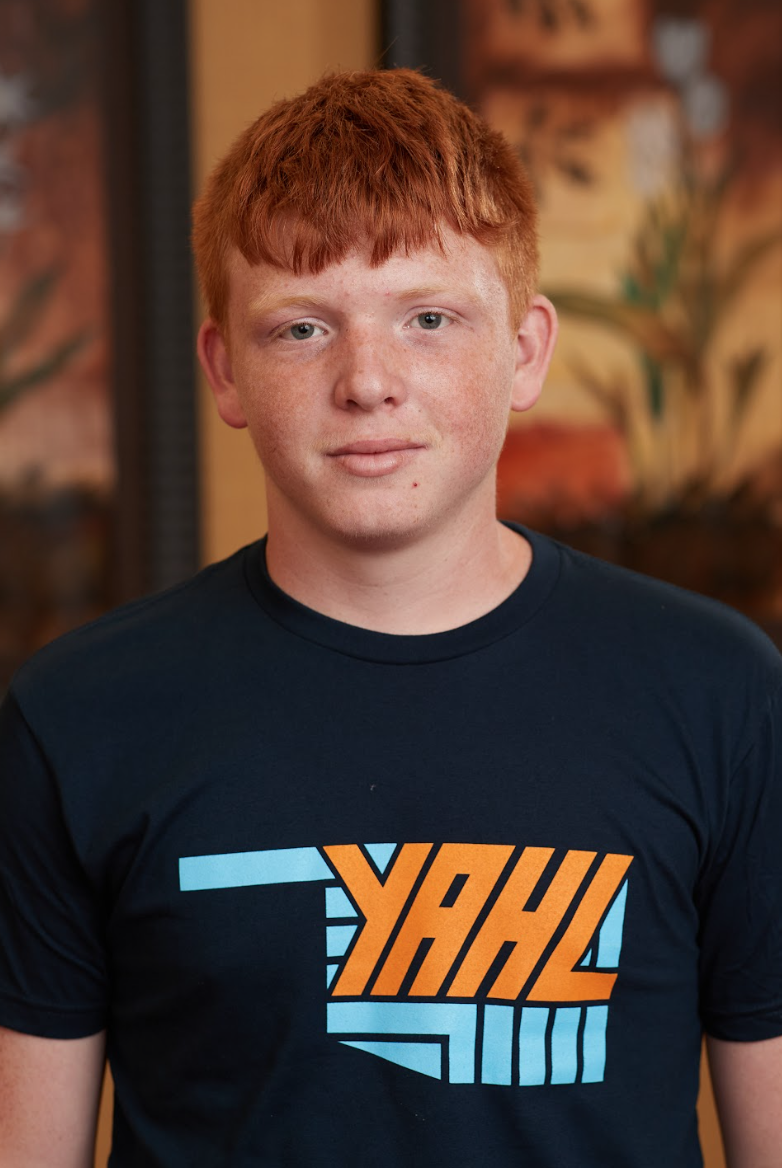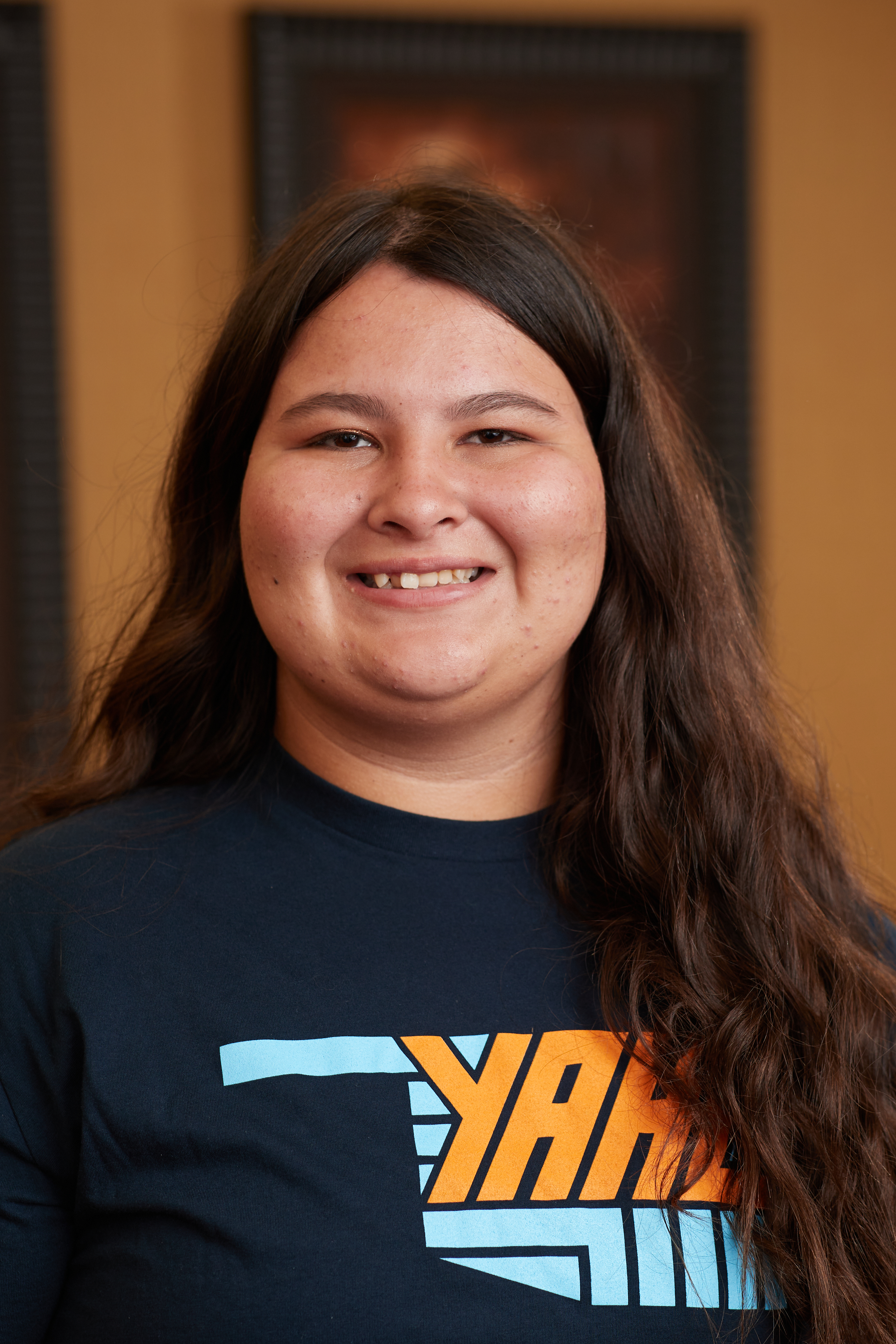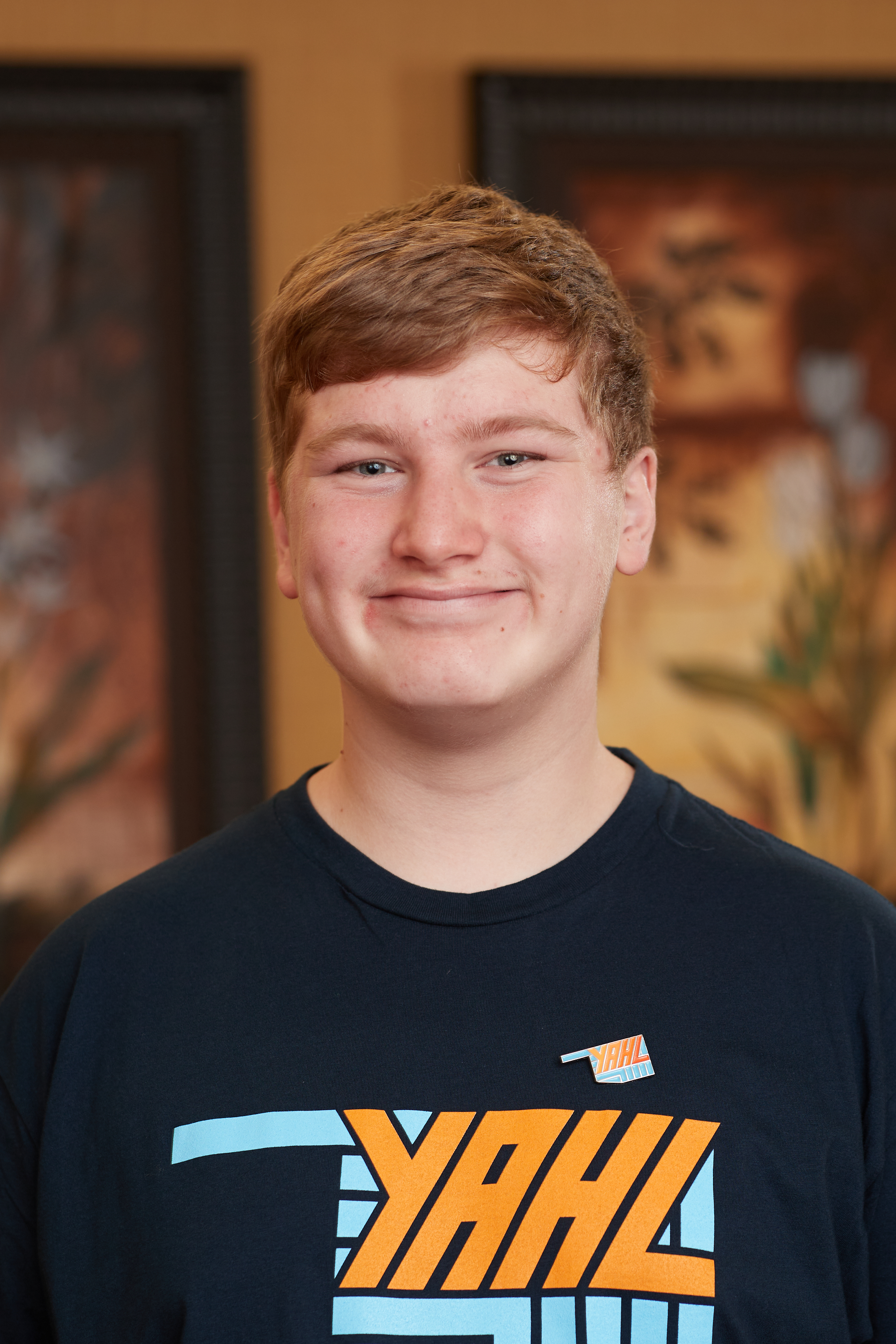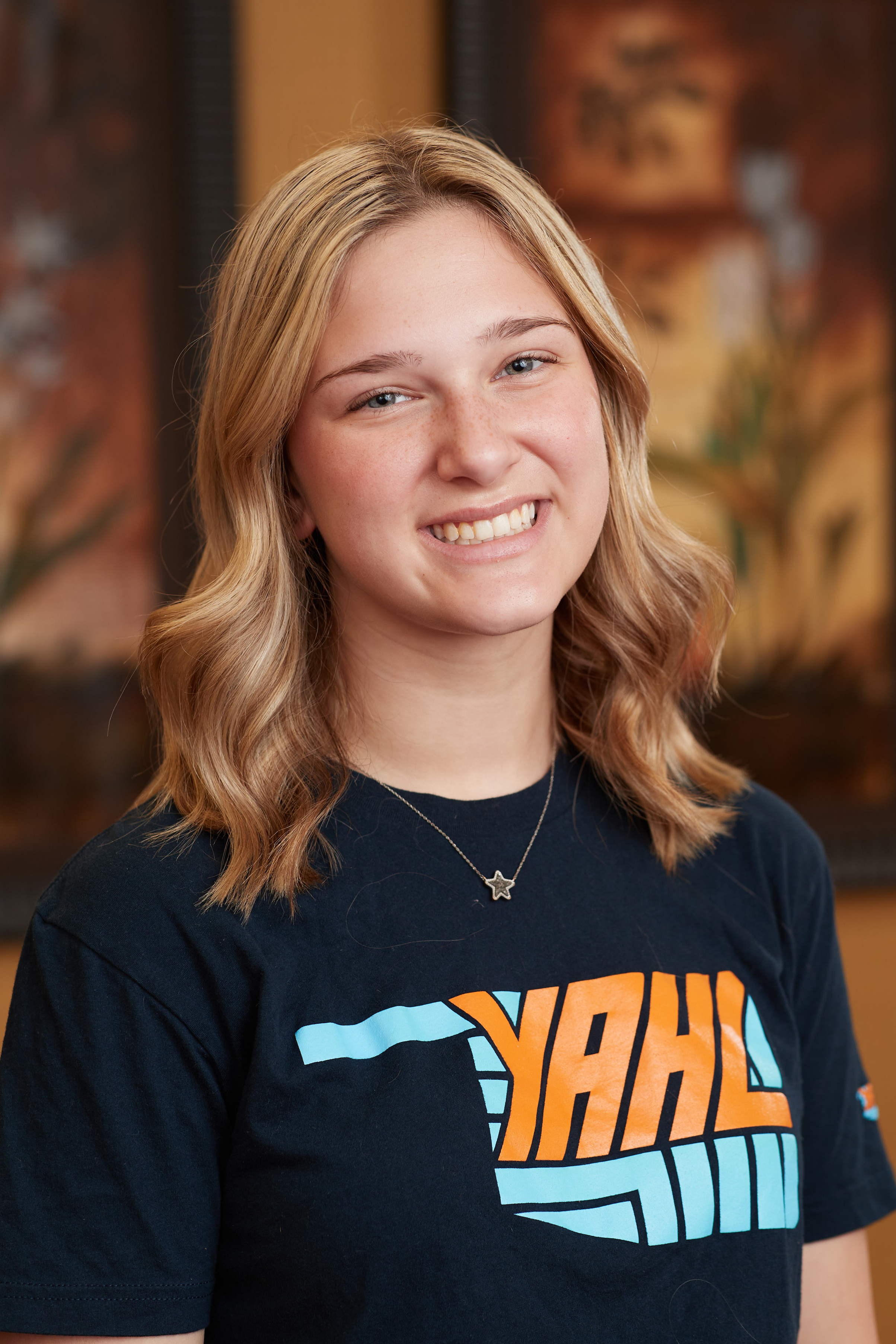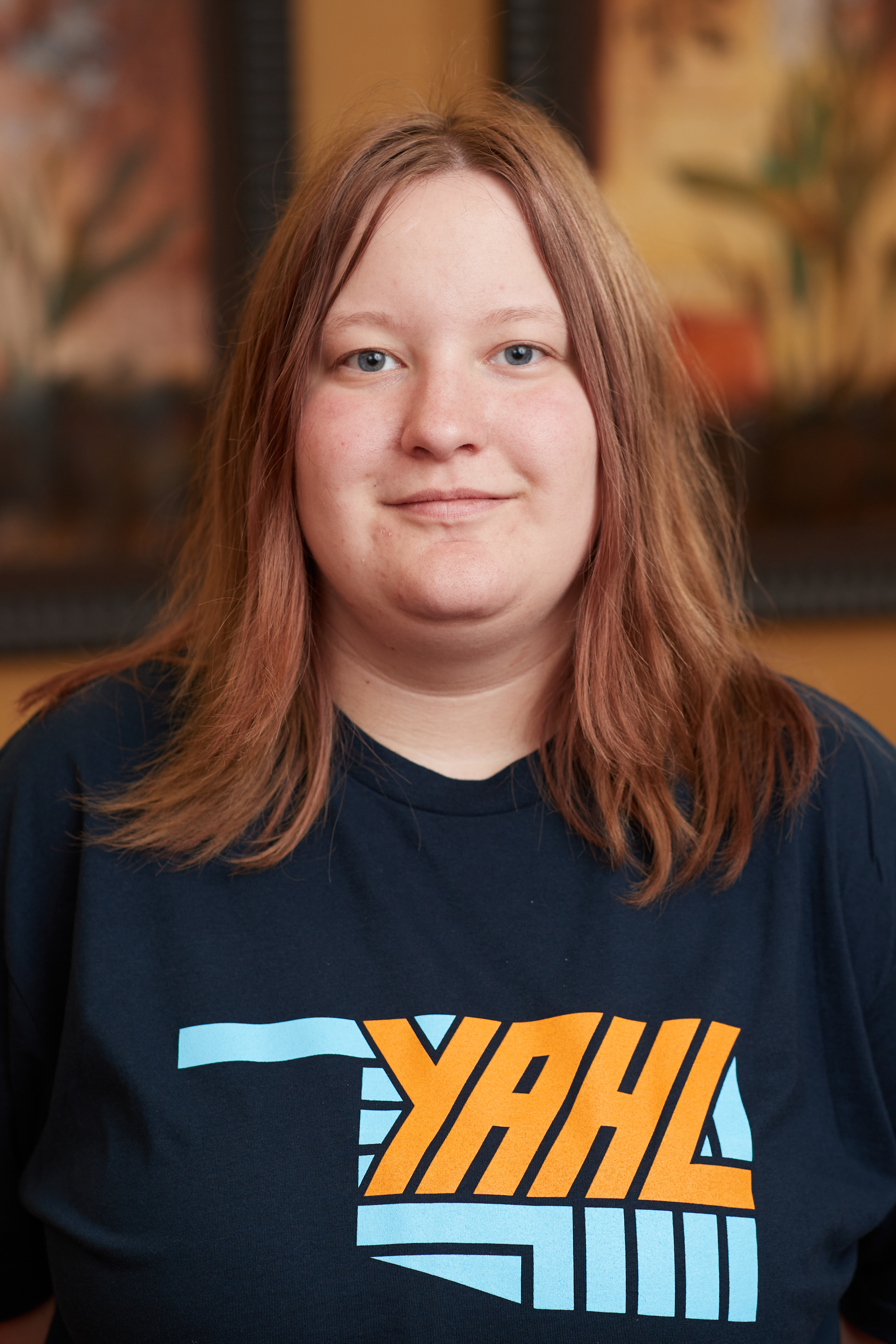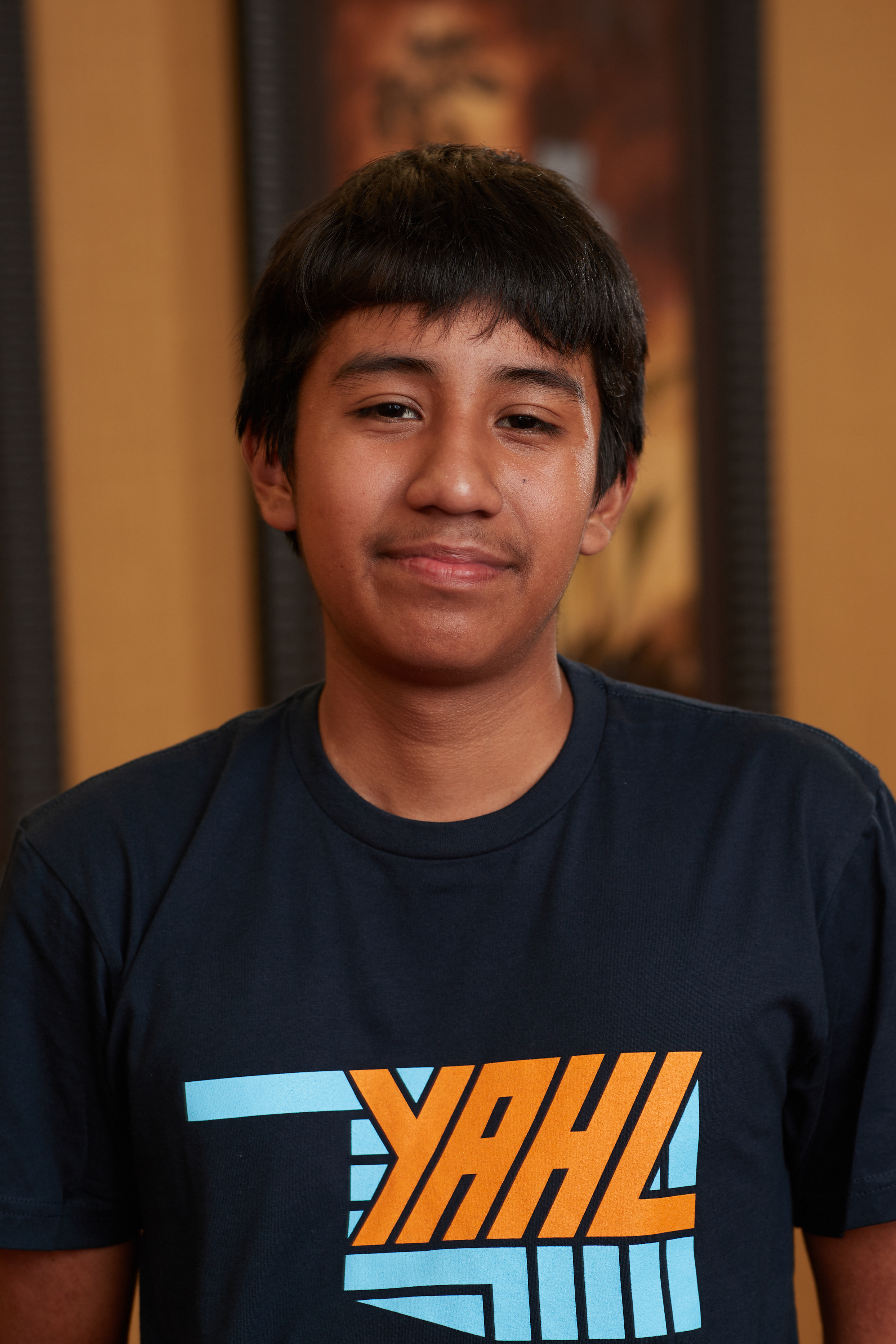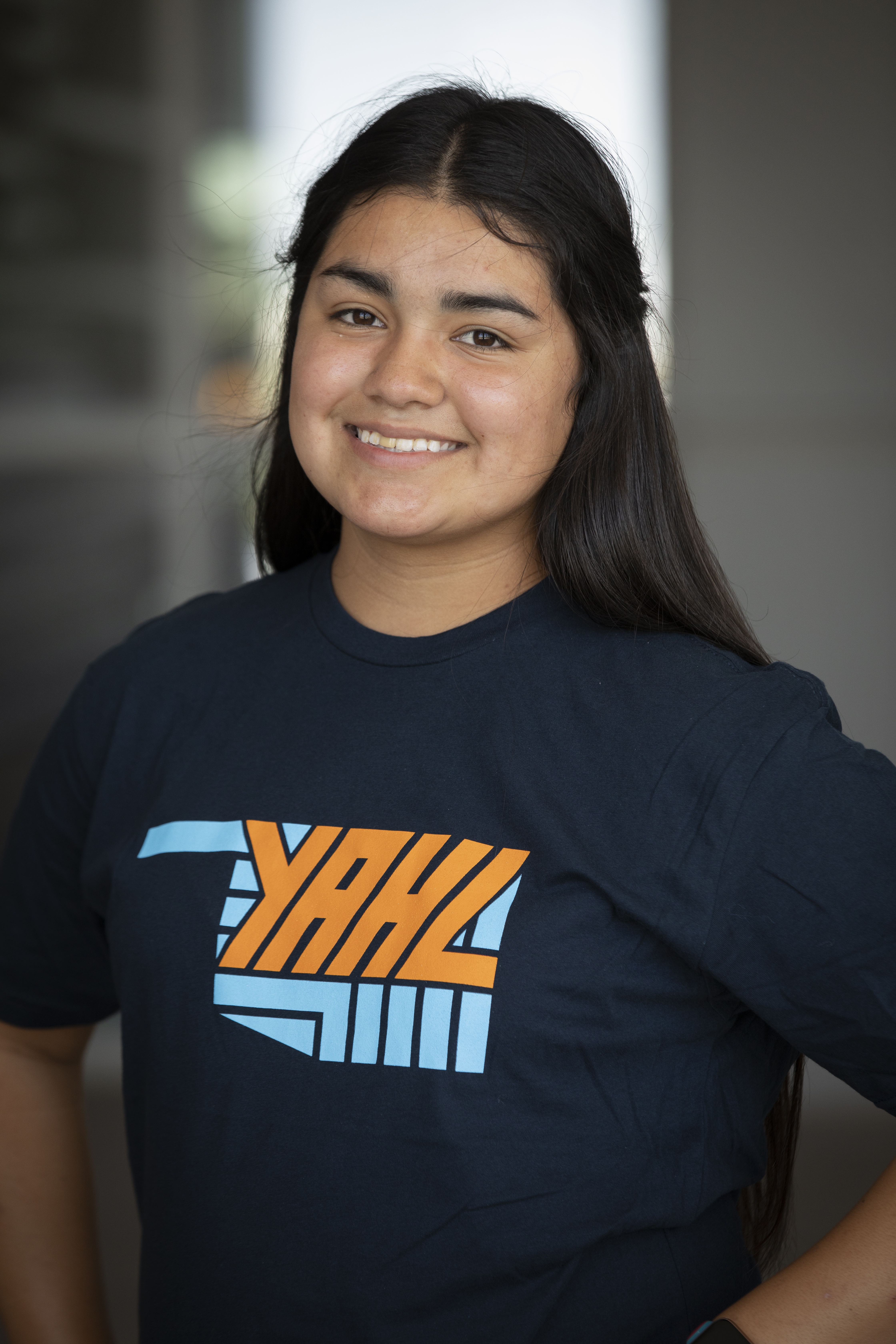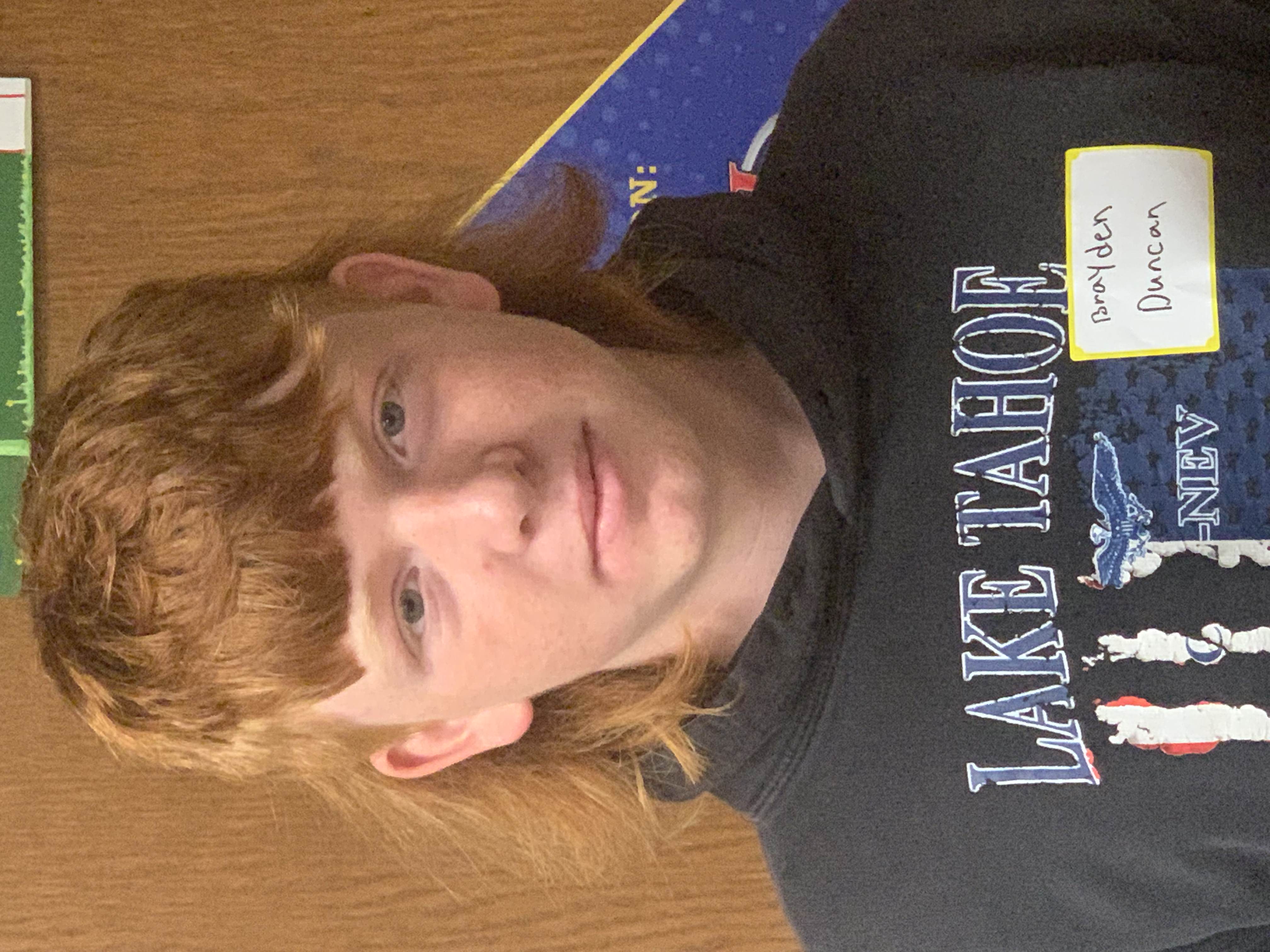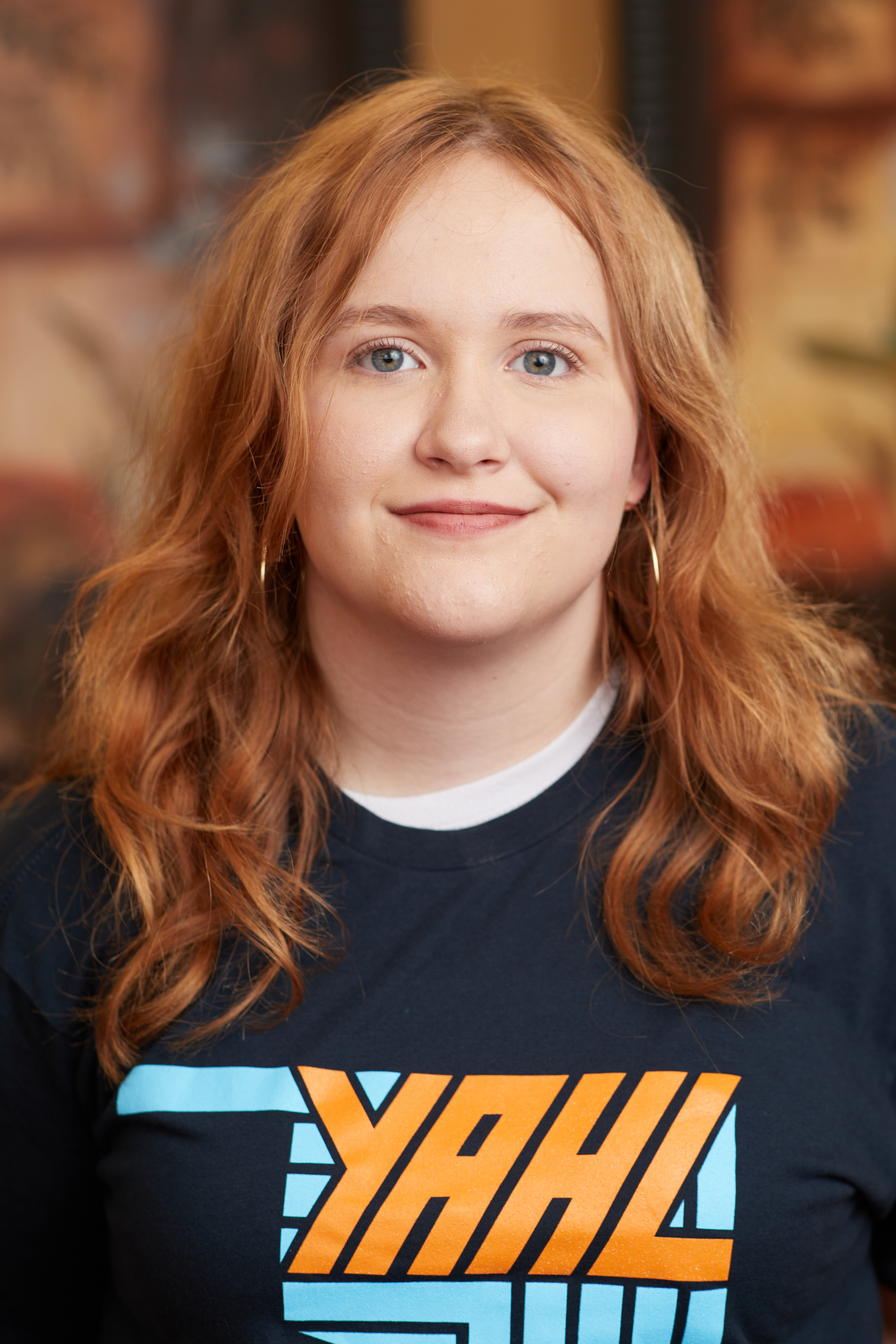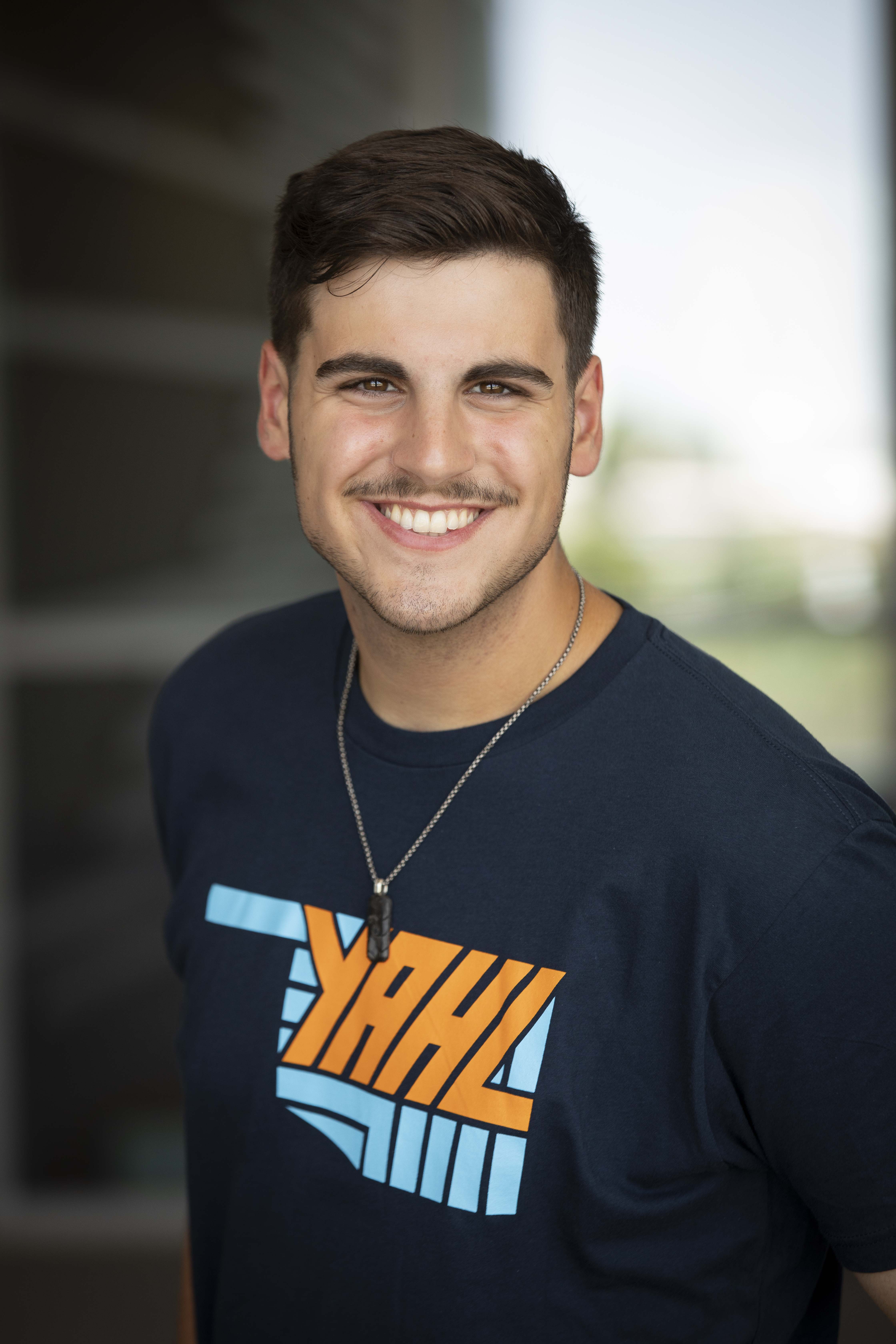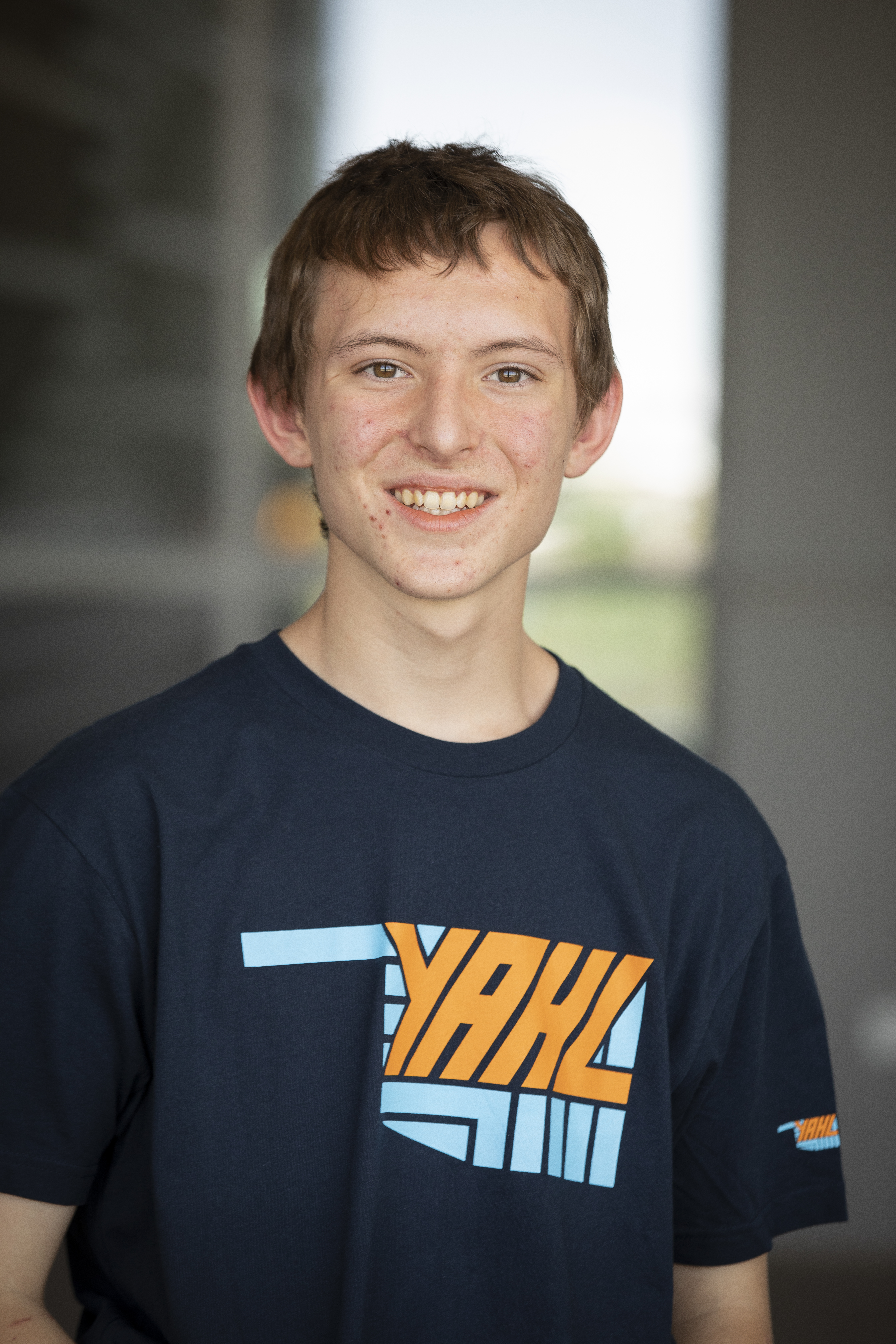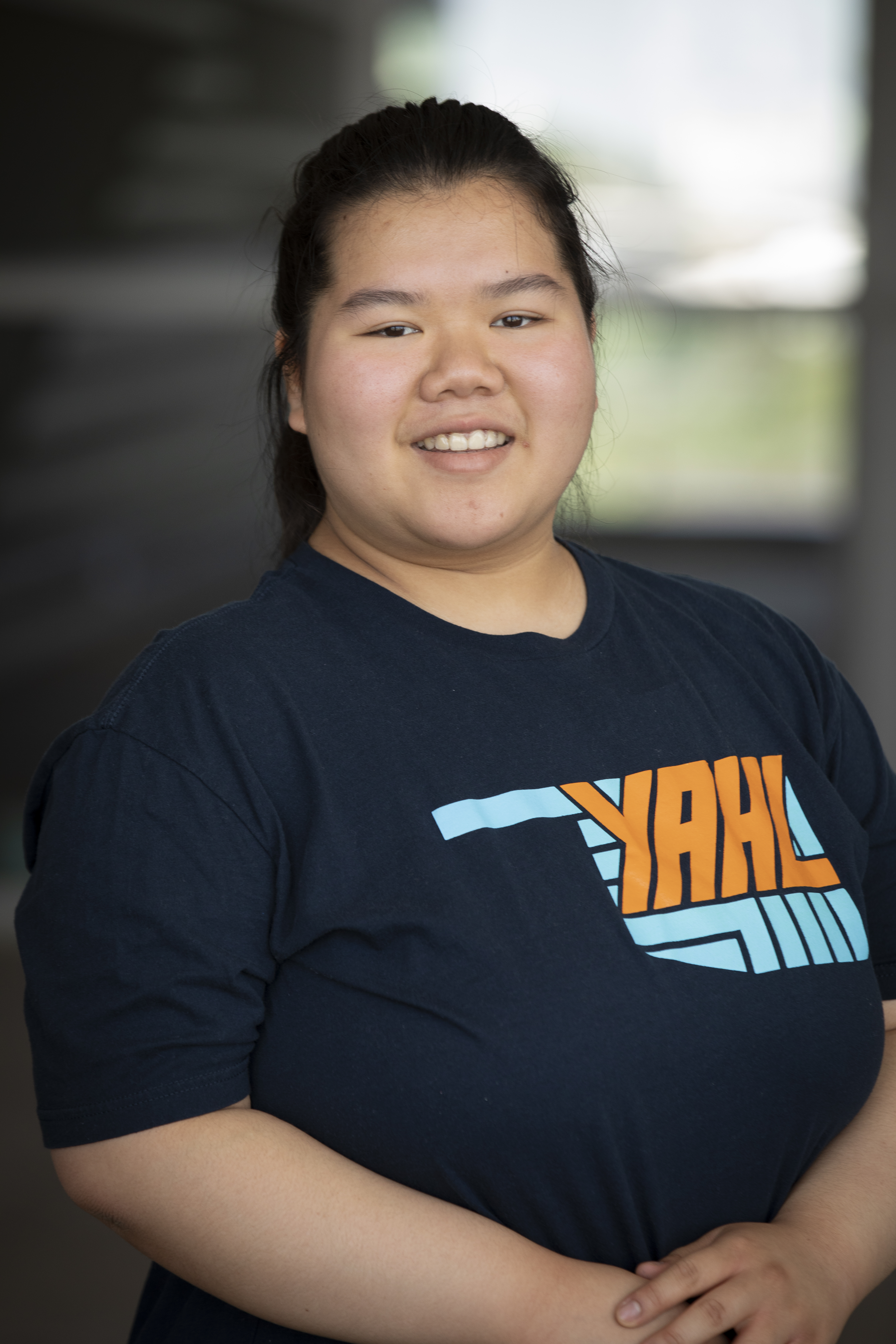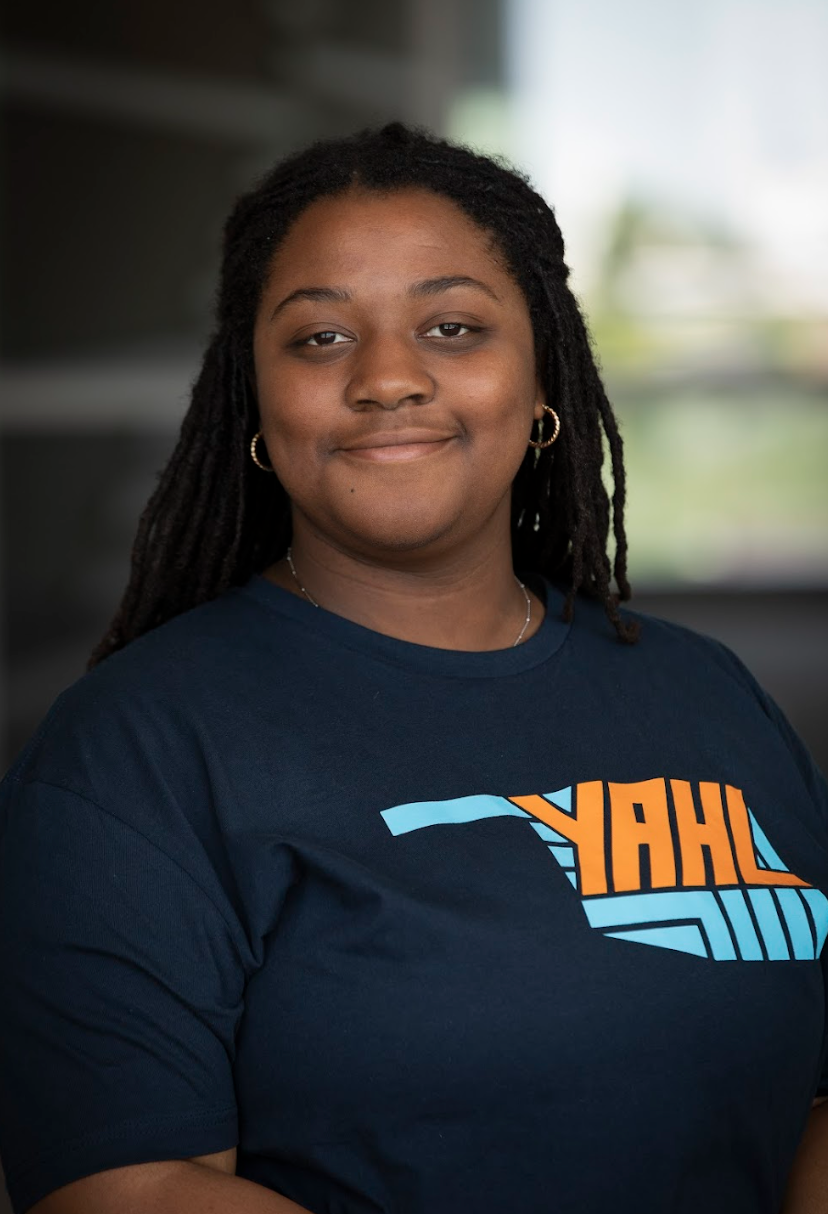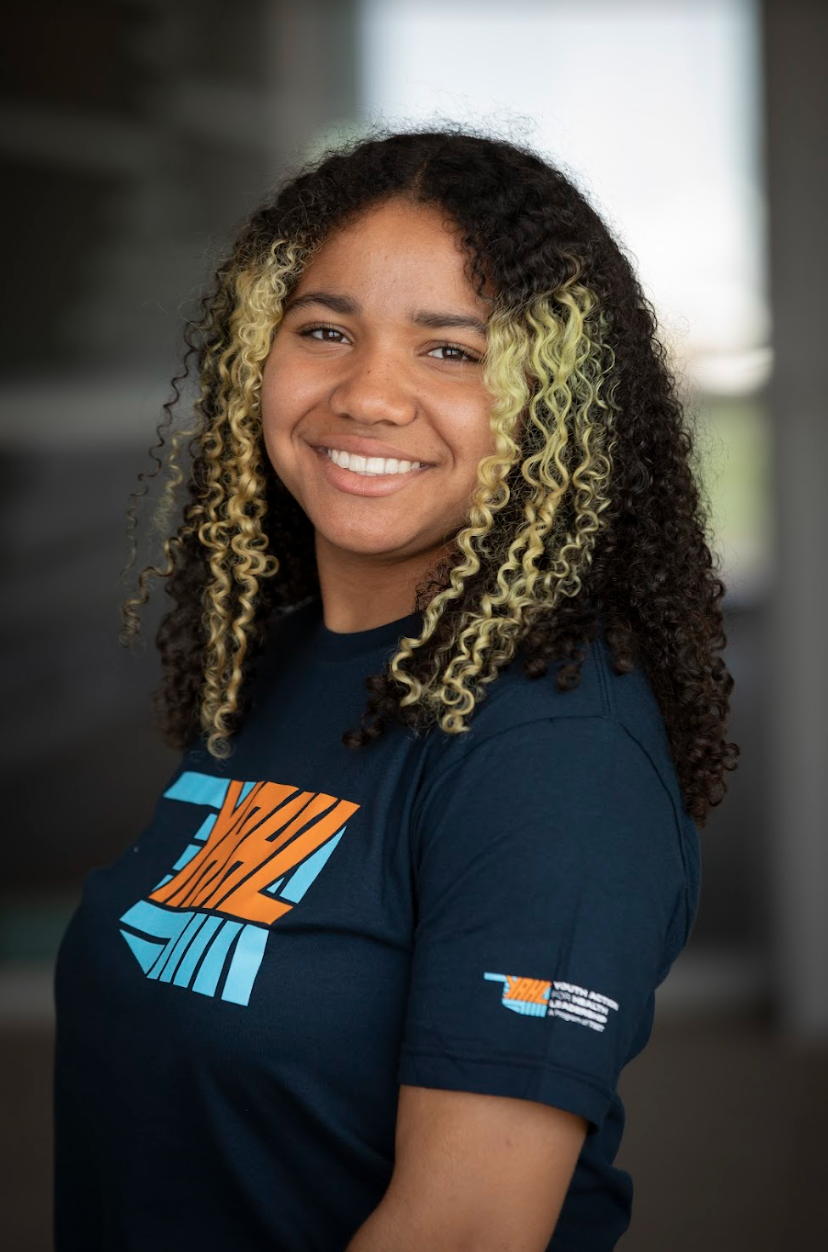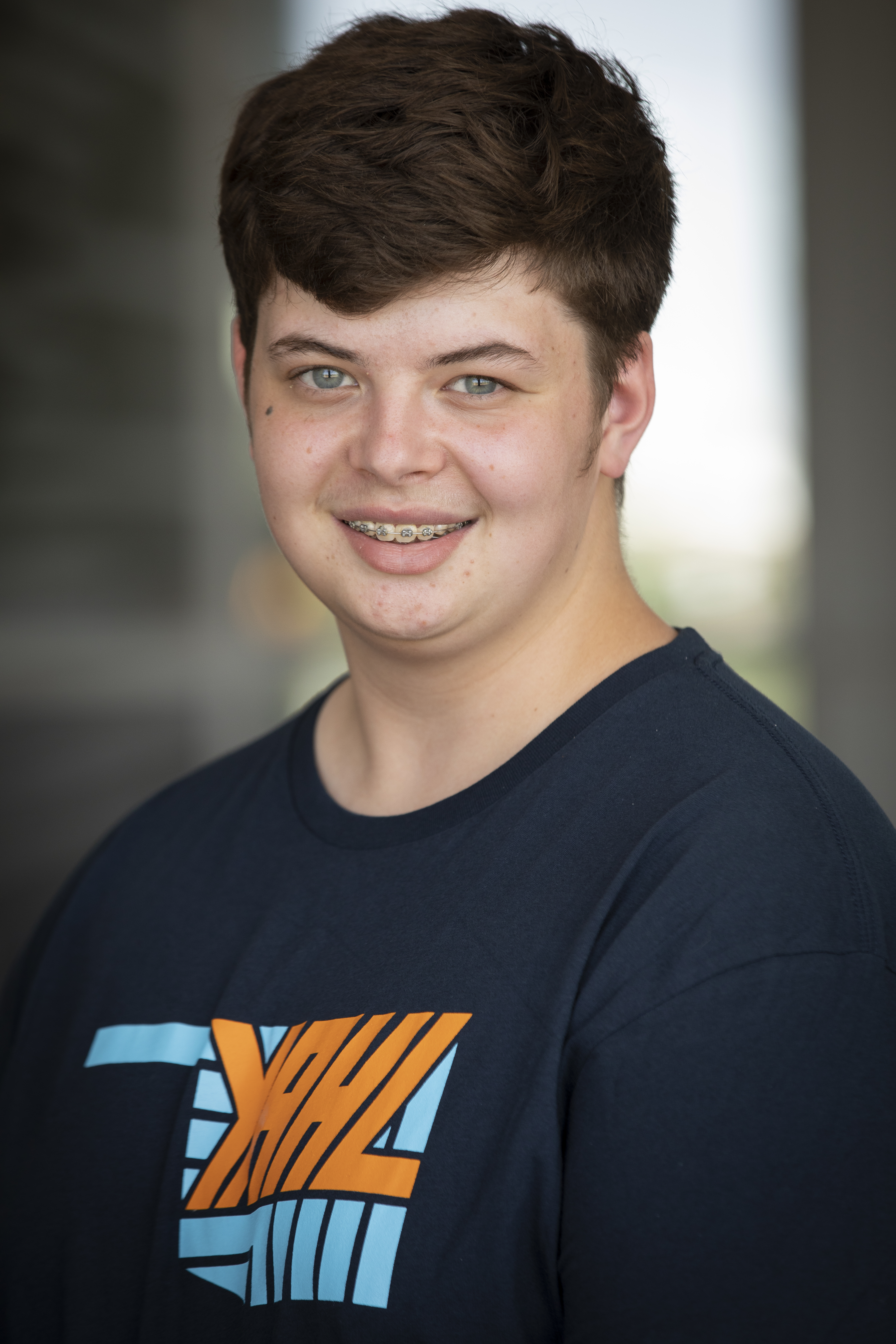Health Is Generational By Carina C.
My name is Carina, and I’m from Oklahoma City, Oklahoma. Since ninth grade, I’ve been a part of Youth Action for Health Leadership (YAHL), a statewide program of the Tobacco Settlement Endowment Trust (TSET). YAHL empowers young people to advocate for healthier lifestyles and comprehensive wellness policies in our schools and communities. When I first joined, I simply wanted to make new friends, but over the past four years, my experience has transformed into something far more meaningful. I discovered the profound importance of health activism not only as a tool for improving individual lives but as a way to shape a healthier future for entire generations.
Health is generational. While socioeconomic status, geography and demographic factors are often highlighted as the primary social determinants of health, one of the most overlooked influences is the health of previous generations. Research by Child Trends found that a parent’s health was more strongly correlated with their child’s health than family income, family structure, parents’ level of education and race. In fact, when parents are in “very good” or “excellent” health, their children are approximately 3.7 times more likely to also enjoy optimal health. YAHL recognizes this powerful connection. That’s why our mission extends beyond advocating for policy change; we strive to engage directly with all members of our communities to promote healthier behaviors that can ripple across generations.
Through my involvement with CounterAct Tobacco, I’ve had the opportunity to speak directly with community members and demonstrate that youth voices are passionate and powerful when it comes to living tobacco-free. In local elementary schools, I’ve led classroom presentations introducing children to basic health concepts. While these presentations may only last an hour, their impact is potentially lifelong. By planting seeds of awareness early, we invest in healthier habits for the next generation.
It’s in those elementary school classrooms that I find my greatest hope. When I look around my own high school, I often see students disengaged—eyes fixed on screens, essays generated by AI, conversations dulled by apathy. However, in those younger classrooms, I witness something different: bright eyes, endless curiosity and a genuine eagerness to learn. In their questions and excitement, I see myself.
I believe that by introducing children to the value of health early on, we help cultivate a generation that not only understands the science behind nutrition, exercise and well-being but one that applies those lessons to their lives. These students are our future. If we want a healthier world tomorrow, we must invest in them and ourselves today because health is generational.



